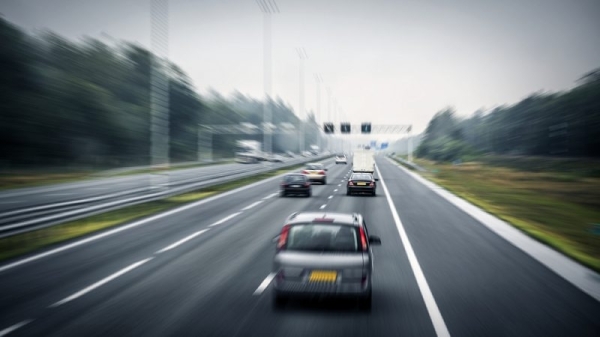Dutch minister presents auto plan aimed at giving cars more space

Given their importance in everyday life, cars must be ‘given more space’, particularly as they have become ‘cleaner, quieter and safer’, Infrastructure and Water Management Minister Mark Harbers said as he presented his government’s “Automotive Development Agenda” on Thursday.
In its plan, the government outlines how it aims to tackle key challenges facing automotive mobility, which builds on a prior plan called “Future Prospects Automobility 2040”. It comes at a time of uncertainty for the bloc as many countries have recently threatened to withdraw their support for the combustion engine ban planned from 2035.
“There are major challenges, such as the accessibility of new housing, traffic safety, making mobility more sustainable, the accessibility of facilities in rural areas and the functioning of urban networks and logistics corridors,” the agenda reads.
“This calls for using the quality of all modalities and networks in the scarce physical space, making use of the opportunities offered by innovations, sensible facilities policy and good infrastructure design”, it adds.
“The car gives freedom and gets you where you need to be; at work, the supermarket, family visits on the other side of the country and in a car, you easily carry heavy groceries. But the car also contributes to our economy; the teacher going to school, the plumber driving his tools to the customer or the vans supplying our towns and villages,” Harbers stated.
“This is why I call on municipalities to continue to give the car space. Car-free neighbourhoods are nice, but people still need transport, and many people still like to have their own car and, therefore a parking space nearby”, he added.
The government’s plan focuses on three main points: accessibility, clean and smart automobility and the safety and durability of the main road network. It emphasises the Dutch government’s intention to only sell emission-free new cars in the country by 2030, invest in traffic management and smart-mobility solutions, and maintain the Dutch road network.
“People often cannot do without their cars and do not want to. Our ministry invests in all forms of mobility and therefore certainly also in car accessibility,” said Harbers.
“It is about time the car regained its prominent place at the government’s discussion tables where we look at how the car’s power can be deployed to make the Netherlands as accessible as possible. It is impossible to imagine our streets without the car, indeed, now that the car is also becoming cleaner, quieter and safer, the best era of the car is still ahead of us!”, Harbers added.
(Benedikt Stöckl | EURACTIV.com)



